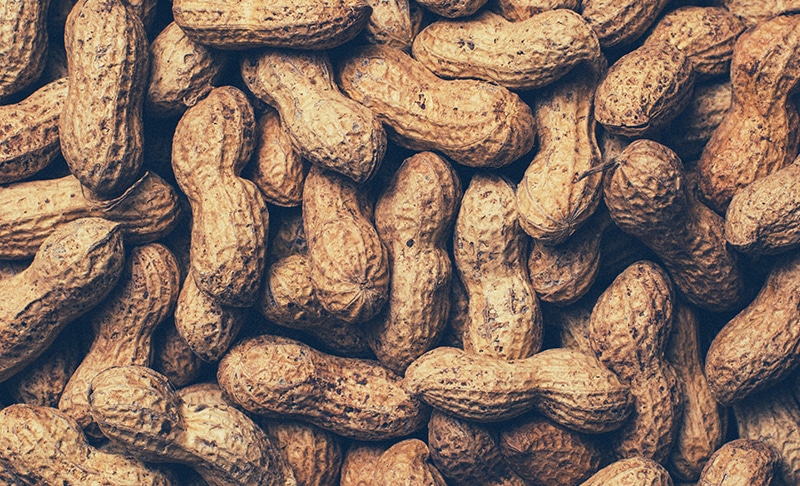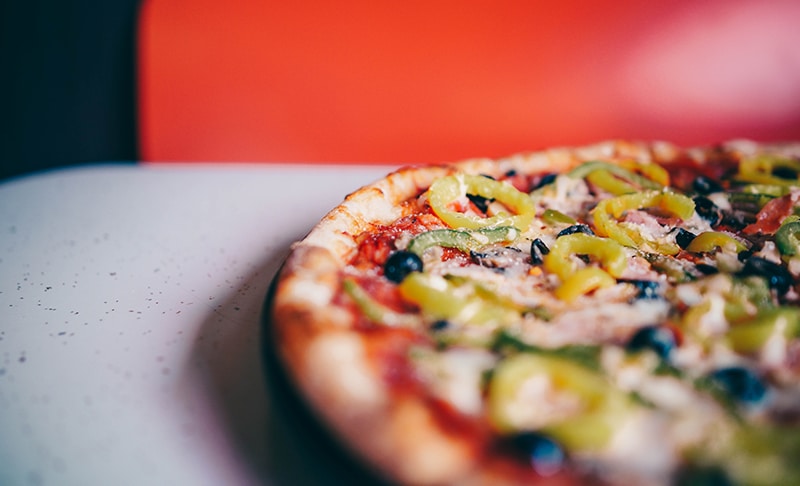As a leading orthopaedic practice serving patients throughout the Triangle region, we care about your bone and joint health. Not only do we offer comprehensive surgical and non-surgical orthopaedic care, but we also advise our patients about things they can on their own to increase strength and mobility and improve their overall health. Choosing the right foods is a basic place to start.
Smart food choices are important for everyone, especially for those who suffer from joint pain and inflammation. According to the U.S. Food and Drug Administration, a well-balanced diet should be full of plant-based foods. The FDA recommends a diet of two-thirds fruits, vegetables and whole grains, leaving one-third for lean protein and low-fat dairy.
While some foods may help fight inflammation in the joints and muscles, studies have found that others can exacerbate inflammation, causing pain in the knees, back and other parts of the body. Compounds found in certain foods can trigger the body to produce chemicals that cause inflammation as well as other health issues such as heart disease, diabetes and obesity.
To help decrease joint and muscle pain and inflammation, try eliminating these foods from your diet or consume them in moderation:

Sugar
Unfortunately, sugar is on top of the list of foods that may increase muscle and joint inflammation. Numerous studies suggest that processed sugars release pro-inflammatory substances in the body, causing further inflammation in the joints. Therefore, reduce your sugar intake, and do some research on non-sugar sweeteners that may be right for you.

Omega-6 fatty acids
Although omega-6 fatty acids are necessary for normal body growth and development, it is important to avoid over-consumption. You should maintain a healthy balance of fatty acids in your diet, as they can cause the body to produce pro-inflammatory substances. Omega-6 fatty acids are found in the following oils:
- Safflower
- Corn
- Grapeseed
- Peanut
- Soy
- Vegetable
Omega-6 fatty acids are also a component of mayonnaise and salad dressings. Fried foods and many snack foods have a large concentration of this type of fatty acid as well.

Gluten
Millions of people in the United States are sensitive to gluten, the proteins found in grains such as wheat, rye and barley. Gluten is proven to be pro-inflammatory in the small intestines, and research indicts that it can affect other organs and tissues – including the joints. Many people suffering from joint pain and inflammation have made the decision to go gluten-free and have experienced positive results.

Excessive alcohol
Diets that consist of alcohol in moderation are best for everyone. When trying to ease joint pain, limit your alcohol intake. Studies show that alcohol consumption contributes to systemic inflammation by disrupting normal gut functions, and sustained inflammation can extend to organs and tissue outside the gut.

Saturated fats
A diet high in saturated fats will not only increase inflammation but also increase your risk for heart disease. According to the National Cancer Institute, cheese and pizza are the top two sources of saturated fats consumed in the U.S. Grain-based desserts, meat products, pasta and full-fat dairy foods are also high in saturated fat and should be consumed in moderation.
Foods that help reduce inflammation
It may seem as if all of your favorite foods are on the “do not eat” list as it relates to joint and muscle pain. However, there are actually a variety of nutritious and delicious foods that can help reduce inflammation. A Mediterranean diet offers an excellent guideline, including these foods:
- Vegetables
- Fruit
- Potatoes, sweet potatoes, turnips and yams
- High-fat fruits such as avocados and olives
- Olive oil and coconut oil and other healthy fats
- Whole grains
- Salmon, sardines, herring, mackerel, anchovies and other fatty fish
- Almonds and other nuts
- Poultry
- Bell peppers and chili peppers
- Dark chocolate
- Legumes such as beans, peas, lentils, pulses, peanuts and chickpeas
- Spices such as turmeric, ginger and cinnamon
- Green tea
Sticking to a diet consisting of these foods will not only help combat inflammation and pain but also help you maintain a healthy weight and reduce risk for many diseases. For more information on foods that can help with inflammation, read 10 Foods That Help Reduce Joint Pain.
The bottom line
Inflammation and pain management through a well-balanced diet is an important step you can take for your overall health – and that includes your muscles and joints. Consuming an array of nutrient-dense foods while avoiding or minimizing sugar, certain fats, gluten and alcohol may help to reduce joint pain.
Each individual has a different body constitution, so understanding the right combination of foods for you may take some experimentation. Try eliminating all known inflammatory foods for 30 days, then slowly reintroducing one food each week or two. This so-called elimination diet will help you identify foods that may be causing an adverse effect.
Despite your best efforts in making smart food choices for orthopaedic health, wear and tear on joints and muscles can still occur. If you experience chronic or acute bone, joint or muscle pain, the fellowship-trained, board certified physicians at Cary Orthopaedics are here to help. We provide comprehensive orthopaedic and spine care at locations across the Wake County. Our specialists can recommend the best course of treatment. Contact us today to book an appointment.





